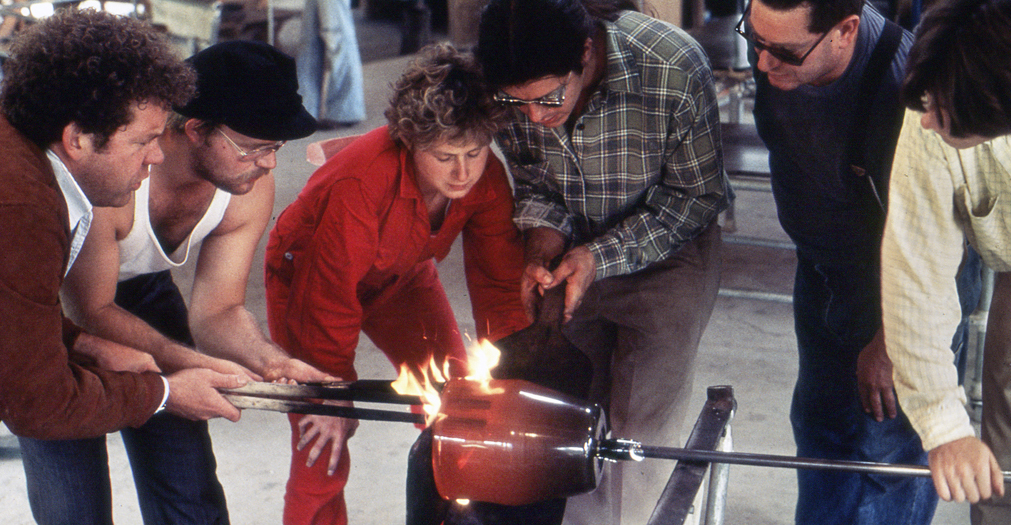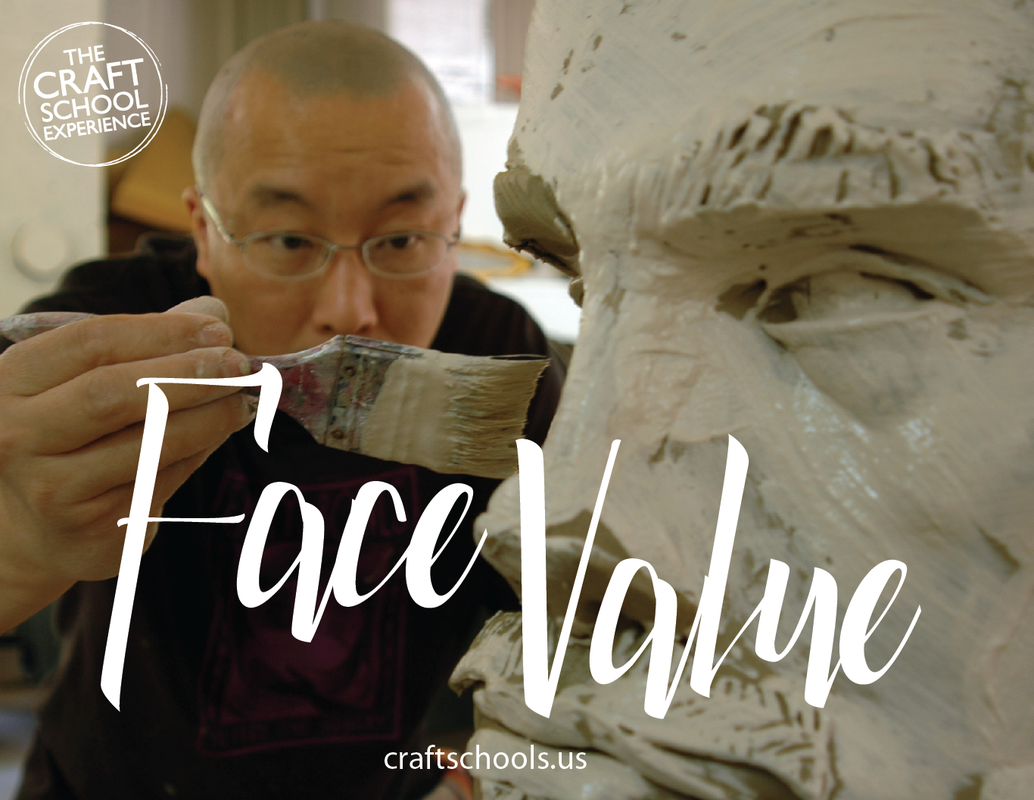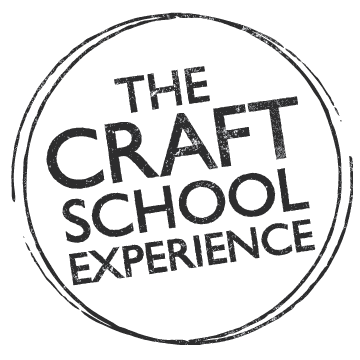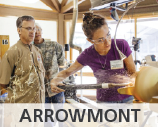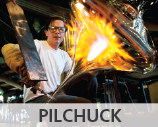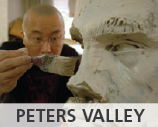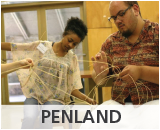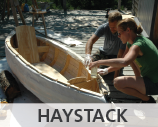|
Love this? Take it and share! Download it (and others) here for sharing on your own social media and blog.
0 Comments
by James Baker
James Baker is Executive Director of the Pilchuck Glass School in Seattle and Stanwood, Washington. Over his long career he has served as President of Maine College of Art, was Program Director for Photography and then the Executive Director of Anderson Ranch Arts Center in Snowmass Village, Colorado, and held tenured faculty positions in art at both Edinboro University of Pennsylvania and the University of Texas at Dallas.
Over the past 43 years, having served in various faculty and administrative positions in both higher education and workshop programs, I’ve been intrigued in the ways the two differ from one another in how they deliver knowledge and experience. Though I value the role of higher education, I’ve come to realize that I have a much greater affinity for communities that provide workshop education. Here are some differences:
Short- vs. long-term learning. Workshops are usually one- to three-week full immersion experiences with rapid development of ideas and techniques. I’ve noticed the best workshop leaders quickly ‘read’ and act upon their participants’ needs and capabilities. Colleges offer two- to four-year degree courses of study with semesters ranging from 10 to 15 weeks. Concepts and techniques built one upon another through a series of courses. The best professors help students to progress over each semester and through a multi-year period. Experiential vs. tested learning. In craft communities, you learn with your hands and through direct experience with materials. The measure of success is the level of engagement in a non-competitive environment. There are no tests; the goal is to leave with a sketchbook full of ideas to work on later. In academia, theory and practice are taught in tandem with one another, progress is measured through assignments and testing. Work is evaluated through critiques and then performance is ranked through grading and/or reviews culminating in graduation. Self-directed vs. prescribed curriculum. In effect, workshop participants develop their own courses of study that can extend across the span of their lives. They may first attend when they are beginners and come back later as professionals exploring new directions in their work. College students follow a prescribed curriculum in an accredited program from which they graduate and rarely return for further training. Range of expertise. Workshops are typically led by renowned practitioners with a wealth of direct experience in the subjects they teach and who provide direct links to the world of professional artists. In academia, students study with faculty who may or may not be actively practicing artists though most often are experienced teachers. The definition of community. In order to learn, workshop participants choose to leave daily life to temporarily join a community. They are usually attracted to the community’s values such those centered on craft, personal expression, professional development, etc. At the same time, an unexpected benefit is the degree to which participants make deep connections with one another from across the various classes being offered in the same session. These participants are from a wide range of backgrounds who find themselves at similar junctures in their lives. Universities have a diversity of disciplines that co-exist while at the same time reflecting many philosophies. Segregated by fields of study, there is a clear hierarchy among the faculty and students reflected in the stratification of roles. While I’m making the case in favor of the learning that happens at the craft school communities, it’s for the purpose of highlighting the attributes of workshops rather than to undervalue the importance of higher education. Each has its role. Ultimately, I look at them as symbiotic forms of education that ideally fit the needs and time in one’s life when they are the right form of learning.
Love this? Take it and share! Download it (and others) here for sharing on your own social media and blog.
|
Archives
August 2018
Visit a Craft School!
|

